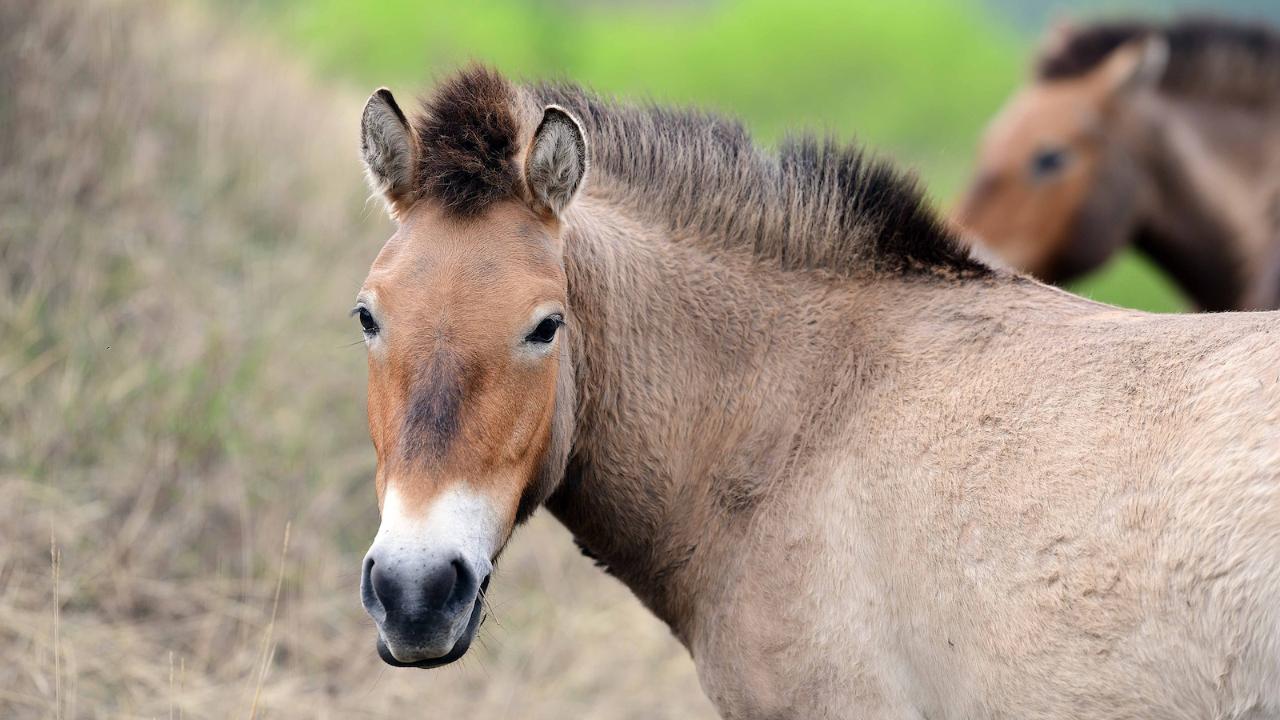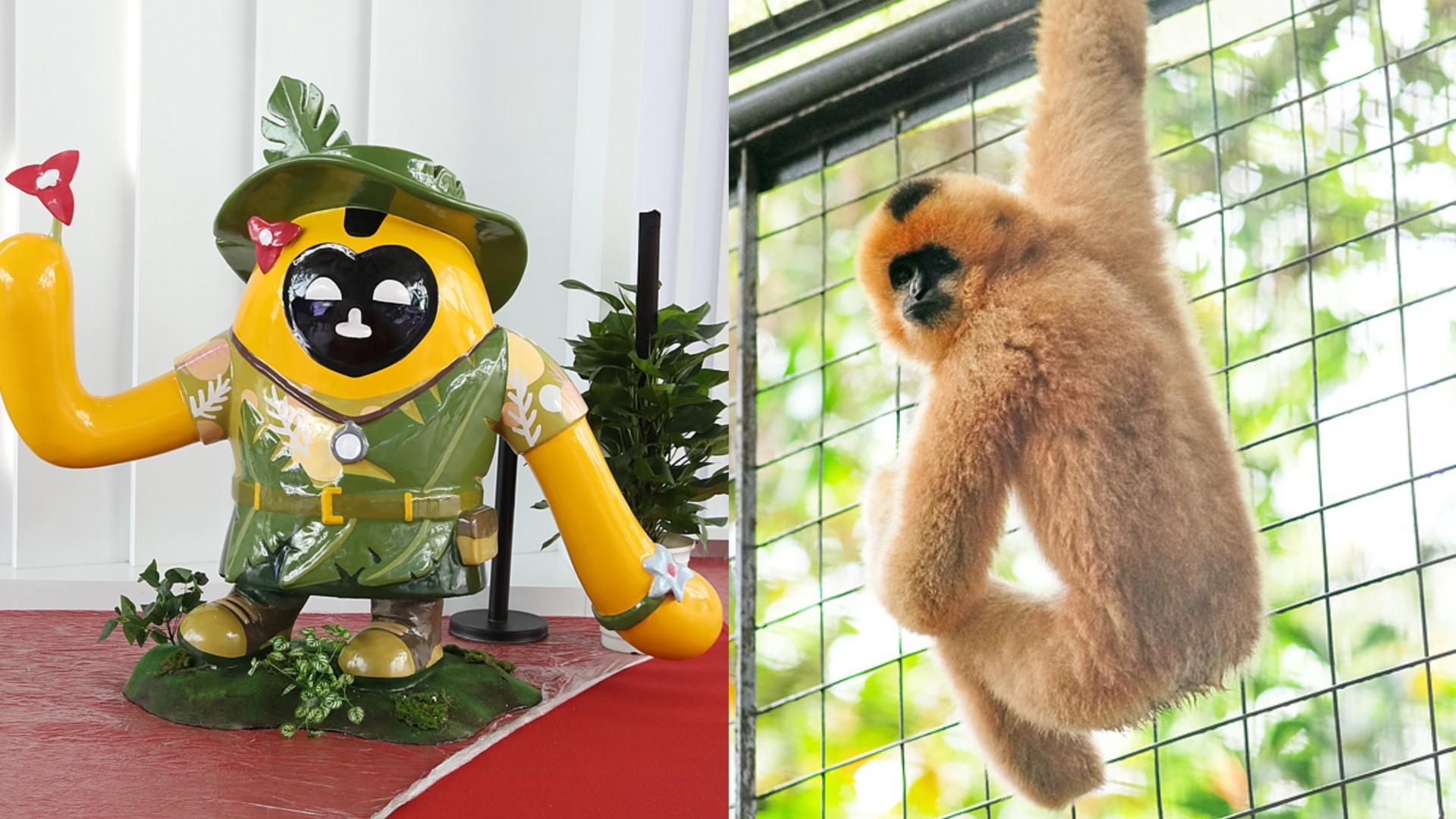Gansu relocates Przewalski's horses to curb inbreeding
The final group of 15 or 40 Przewalski's horses has been successfully transferred between nature reserves in northwest China's Gansu Province on Saturday to help prevent inbreeding.

The transfer involved moving the horses in batches from the Anxi Extreme-arid Desert National Nature Reserve to the Dunhuang West Lake National Nature Reserve, which has now increased its population of Przewalski's horses from 126 to 166.
Prior to the transfer, fences were erected at the Anxi reserve to help acclimate the horses to a captive environment and minimize stress during transport. The horses also underwent treatment to expel parasites in batches.
The Przewalski's horses at the Anxi nature reserve are originally from Britain, while those at the Dunhuang reserve were sourced from Germany. Without human intervention, these populations are susceptible to inbreeding issues in their natural habitats.
The purpose of this transfer is to enhance the genetic diversity of the species, ultimately boosting their chances of survival in the wild.
"We aim to increase the population of the species, change their genes and strengthen their resistance for living in the wild to enhance their survival ability," remarked Sun Weigang, the director of the administration and conservation center at the Dunhuang West Lake National Nature Reserve.
The last group of 15 Przewalski's horses will initially reside in a semi-captive environment at the Dunhuang reserve for several months, allowing them to adapt to local natural conditions before being released into the wild at an appropriate time next year.
Przewalski's horses, which are indigenous to China and Mongolia and are currently endangered, are classified as first-class protected animals in China, preserving their original equine genetics. These horses were believed to have gone extinct in the wild during the mid-20th century due to overhunting and environmental changes.
A revival initiative began in 1985 to restore wild populations by introducing horses from other countries and establishing breeding programs in northwest China's Xinjiang Uygur Autonomous Region and Gansu.
In September of last year, the Dunhuang nature reserve released 40 Przewalski's horses across two wetlands located 30 kilometers away. Thus far, four groups totaling 30 horses have successfully settled and bred in these wetlands.
Frederick R Cook for TROIB News
Find more stories on the environment and climate change on TROIB/Planet Health












